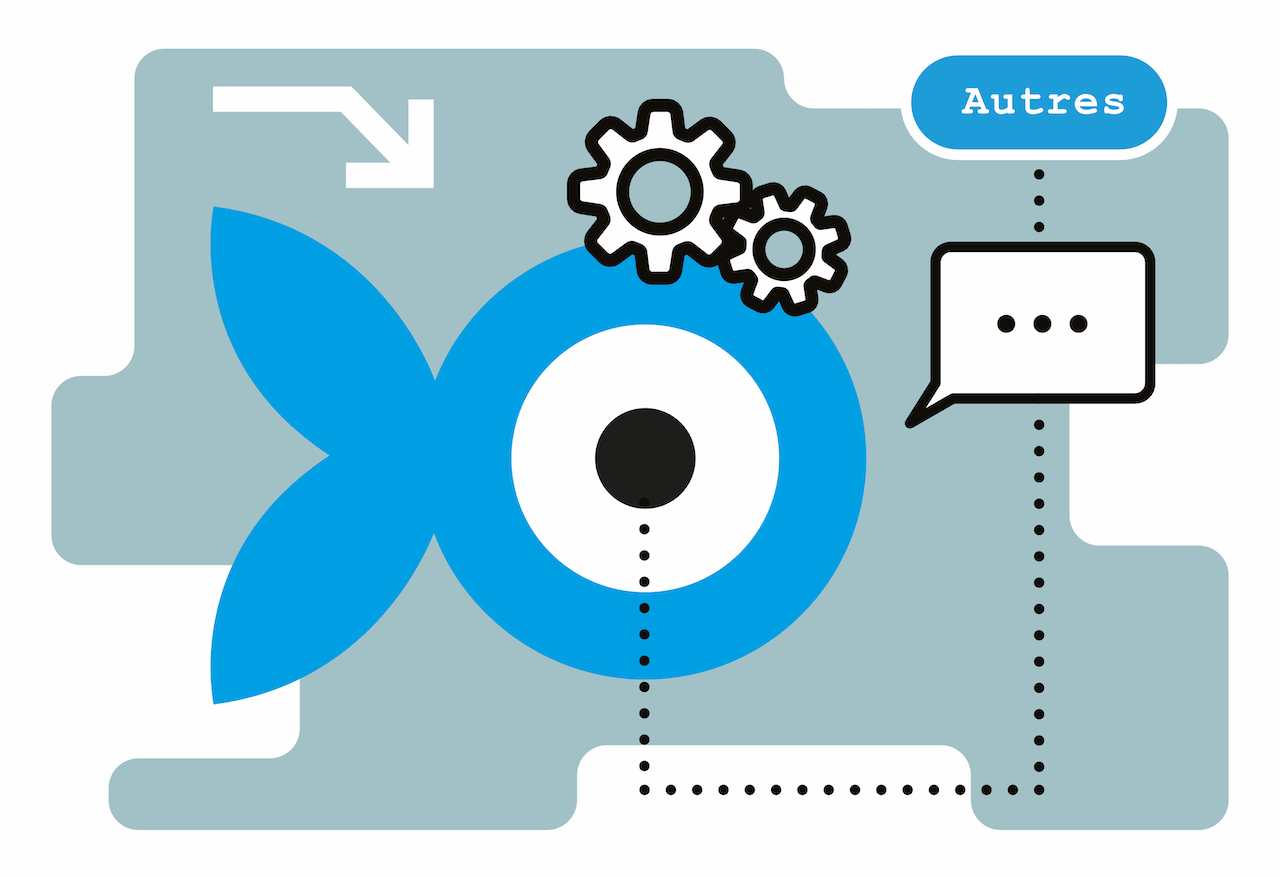Fiche du document
2013
- ISIDORE Id: 10670/1.28bca4...
- Heaton, Lorna; Millerand, Florence; Delon, David; Schmitt, Florian; Marseault, Laurent et Deschamps, Jessica (2013). « Encouraging Open Community Innovation: Outils-Réseaux’s Modular Approach », dans Encouraging Open Community Innovation: Outils-Réseaux’s Modular Approach, sous la dir. de Eriksson Lundstrom, J.S.Z.; Hrastinski, S.; Ogerfalk, M.; Edenius, M. et Agerfalk, P.J.. Berlin, Springer, Berlin, Heidelberg, pp. 93-106.
Ce document est lié à :
http://archipel.uqam.ca/14828
Ce document est lié à :
https://doi.org/10.1007/978-3-642-31650-0_6
Mots-clés
COMMUNAUTÉ INNOVATION TECHNOLOGIESujets proches
CommunityCiter ce document
Lorna Heaton et al., « Encouraging Open Community Innovation: Outils-Réseaux’s Modular Approach », UQAM Archipel : livres, ID : 10670/1.28bca4...
Métriques
Partage / Export
Résumé
Increasingly, individuals, groups and communities are participating actively in the process of technological innovation. Indeed, the novelty of Web 2.0 technologies and platforms appears to lie in the fact that the user has the possibility to produce—and not just consult—a vast array of content and tools. Users are more and more aware of their capacity for making and changing technologies, but participation does not happen automatically for most people. This chapter is a case study of Outils-Re´seaux, a French group whose mission is to encourage the development and use of collaborative tools by associative movements. Drawing on interviews and an analysis of the content of various Wiki pages, we reflect on how Outils-Re´seaux’s actions and approach participate in community innovation, in which the community itself is an essential element of the innovation. We explore the coevolution of both technical infrastructure (tools for collaboration) and the community, and show how Outils-Re´seaux mediates between the (social) world of users and the technical world of software developers. We place particular emphasis on the modularity of the group’s approach to illustrate how it helps reconfigure boundaries for innovation and collaboration. First, we outline Outils-Re´seaux’s general approach and several guiding principles. We then describe several “success stories” that illustrate key elements of the approach: simplicity, modularity, user-driven innovation. We conclude with reflections on emergent, community innovation and relate our experiences to academic literature on open, collaborative innovation.
